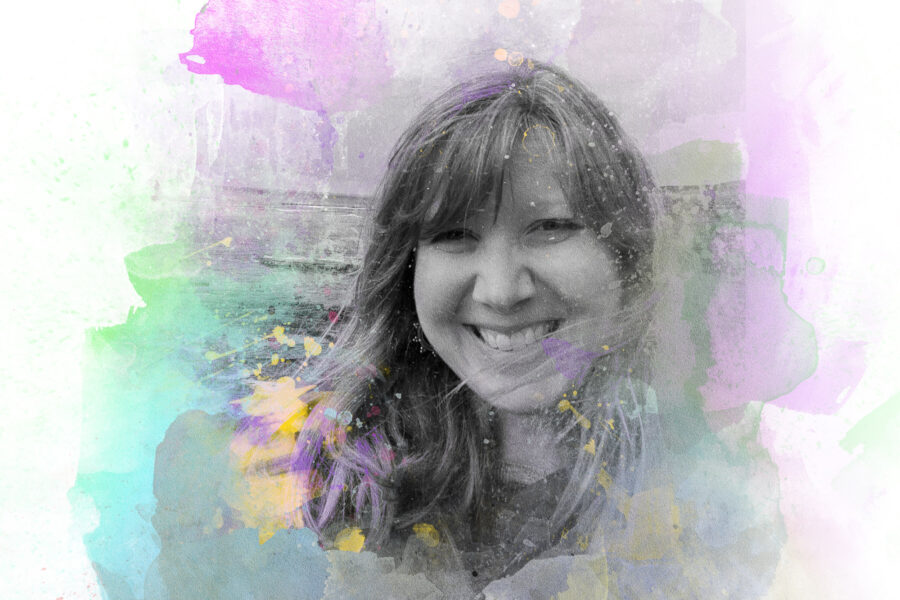SARAH LATTO
CLD EMPOWERING VOLUNTEER COMMUNITIES

SARAH LATTO
CLD EMPOWERING VOLUNTEER COMMUNITIES


SARAH LATTO
CLD EMPOWERING VOLUNTEER COMMUNITIES
Sarah Latto is a real community champion. She has worked with communities for years, from managing teams of volunteers in her home council of Fife, to tackling homelessness with the charity Shelter Scotland, and now with her job at Volunteer Scotland, she works to make sure that the voices of volunteers are reflected in government policies.
Sarah Latto is a real community champion. She has worked with communities for years, from managing teams of volunteers in her home council of Fife, to tackling homelessness with the charity Shelter Scotland, and now with her job at Volunteer Scotland, she works to make sure that the voices of volunteers are reflected in government policies.
Sarah Latto is a real community champion. She has worked with communities for years, from managing teams of volunteers in her home council of Fife, to tackling homelessness with the charity Shelter Scotland, and now with her job at Volunteer Scotland, she works to make sure that the voices of volunteers are reflected in government policies.
Sarah has a passion for people, and working meaningfully with communities to help them achieve their own ambitions is one of the core pillars of her work, always supported by best practice gleaned from the community, learning and development (CLD) profession.
Sarah is also passionate about volunteering and how it can give communities power to create their own identity and culture and bring about change. However, it was during Sarah’s time managing more than 100 volunteers at Shelter Scotland, a charity that helps people struggling with bad housing or homelessness, that Sarah introduced a ‘relationship based’ approach to volunteering.
“Shelter Scotland works with a lot of volunteers who have experienced homelessness and bad housing themselves, so a big part of my job as volunteer manager was to make sure that the volunteering programme reflected their needs.” Sarah explained.
“The ‘relationship based’ approach was focused on building very strong relationships with the volunteers and working with them to identify how they could benefit from participating in the programme to grow and develop.”
Sarah strongly believes that organisational ambitions and objectives should reflect the community’s own objectives, and this was the way it worked at Shelter Scotland, where many local priorities were developed with the community, not by management ‘up top’.
Whilst Sarah has developed and honed many skills in CLD over the years, it wasn’t until 2020 that she realised the benefits of becoming a member of the CLD Standards Council for Scotland. What’s more, she thinks there are lot of people working in Scotland’s community sector who may be in the same boat, “Unless people are doing a role specifically called ‘community learning’ or ‘community engagement’ or ‘youth work’, they may not see themselves as being a CLD practitioner, but they are!” she said.
Through the CLD Standards Council Sarah has become well equipped with knowledge about the national standards especially around community engagement, and she draws on this for how she engages with the community.
“CLD has absolutely influenced how I meaningfully engage people on a range of issues, and the approaches developed and championed by the CLD Standards Council are the best way to make sure that you’re being as inclusive as you possibly can. That’s CLD in a nutshell.” she said.
“It’s so rewarding to work with people and know that because of the techniques you’re using, they are able to be their best selves and help create more resilient communities. I think that CLD is the glue that brings communities together, and it helps to generate capacity and ability within communities. It’s brilliant to watch people and communities flourish and grow and be the best they can be, it’s amazing.”
